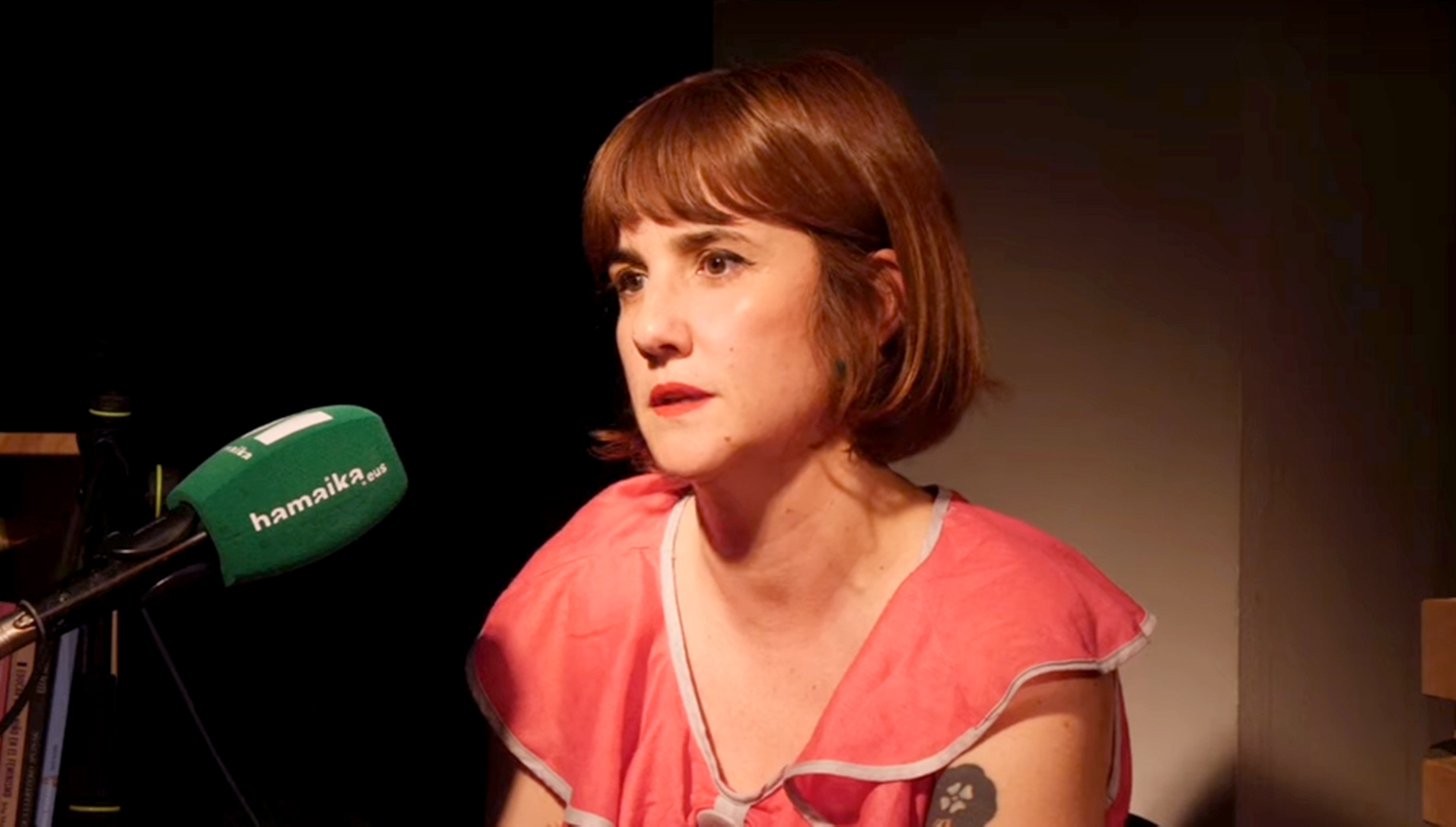Loss of war and suicide
- The memorialist groups have recently recovered the body of Anisio Castillo de Ciudad Real in the Spanish state, a Republican suicide in 1943, for the Franco regime to leave him and his family alone. It is not something new, as the tendency to commit suicide before being captured by enemies comes from Antiquity. In the Second World War, for example, thousands of Germans died before falling into the hands of the Red Army.

Agudo, Ciudad Real (Spain), 12 March 1943. Anisio Castillo López shot himself at 37 in the wall of the cemetery where he was born. After the end of the Spanish war, he spent a year in prison and then, because he wanted to go back to prison, fled to the mountain. In a footnote, he wrote that he committed suicide for the Franco authorities to leave his family at peace: “I have killed myself, not to mourn more in this world, because I have been rather dissatisfied and I also regret my family, with no guilt whatsoever.” The Association for the Recovery of Historical Memory (ARMH) exhumed the dead body of Castillo in September 2021 and, after analyzing and identifying the remains, has just been buried in early June.
It was not the only suicide caused by that war; for example, on 23 April 1937, three days before the Gernika bombing, nine anti-fascists committed suicide in the Galician port of O Berbés, in Vigo, before being captured by the Franco forces.
This tendency to commit suicide before being captured by enemies comes from antiquity. A.C. In 133, about 400 kilometers from Agudo, near the current Soria, most of the inhabitants of Numancia, about 1,500-2,000, committed suicide after months of maintaining the harsh Roman site. Two centuries later, AD. In 73, in the Judea desert, about 1,000 inhabitants of the Masada were killed (suicide is sin for the Jews), also narrowing the Roman sieges.
One of the most striking cases in Germany is Demmin: About 1,000 out of 15,000 people committed suicide. Without concrete data, historian Florian Huber is clear that in the east of the country there were more suicides due to the atrocities that the Red Army did to civilians.
World War II Losers
In Japan, for centuries, they have committed suicide by the Seppuku or Harakiri ritual in the hands of enemies before losing their honor. II. When the World War was lost, most had to resort to more effective methods. What happened on the island of Saipan is known: On July 9, 1944, with the arrival of American soldiers, many people threw themselves off the cliffs of Marpi Point.
The issue of mass suicides in Germany at the end of the war was studied by historian Florian Huber in the book Kind, versprich mir, dass du dich erschießt 2016 ("I swear you will shoot"). In the end of war chaos, exact statistics on suicides were not collected, but the German historian believes that they were tens of thousands. And it's clear that mass suicide was not caused by Adolf Hitler's suicide. The radio lied around the Fuehrer, opening a heroic death in the fight against the enemies.
One of the most striking cases in Germany is Demmin: About 1,000 out of 15,000 people committed suicide. Although without concrete data, Huber is clear that in the east of the country there were more suicides due to the atrocities that the Red Army did to civilians. Thus, he states that the number of women who committed suicide because of massive Soviet violations is very high; in Berlin alone, 10,000 women committed suicide at the end of the war.
Suicide stimulated, along with honor, feelings of guilt and, at least, responsibility. The concept of honor men lose by losing war and women by being raped was deeply rooted in German society, at the expense of the propaganda of the Nazi regime for twelve years. Propaganda minister Goebbels himself committed suicide, along with his wife Magda, after poisoning his six children. Like Anisio Castillo, Goebbels wanted to avoid the suffering of the family, but only Castillo decided to sacrifice himself.
Soco Lizarraga mediku eta Nafarroako Duintasunez Hiltzeko Eskubidea elkarteko kidearen ustez bizi testamentuak heriotza duin bat eskaini eta familiari gauzak errazten dizkio.
Gertakariak igande egunsentian suertatu dira 5:00ak aldera Gasteizeko Mitika diskotekan. Hildako pertsona 31 urteko gizon bat da, eta lurraren kontra buruarekin hartutako kolpe baten ondorioz hil da, antza atezainak kolpe bat eman ostean.
These were my last words when we left, held hand in your deep breathing sleep. Your heart stayed forever without a special, simple, dignified pain. As you want and demand. How we want and respect.
Already a month before the arrival of winter, the last days of the longest night,... [+]
First of all, we wish to extend our condolences to the family and friends of the woman killed in early August.
The people of Gaintxurizketa are fed up with the disillusionment of the administration and those responsible.
Those of us who live in the neighborhood are forced to... [+]
Paris 1845. The Labortan economist and politician Frédéric Bastiat (1801-1850) wrote the satire Pétition des fabricants de chandelles (The Request of the Sailing). Fiercely opposed to protectionism, he ironistically stated that the sailing boats asked for protection against... [+]











.jpg)








